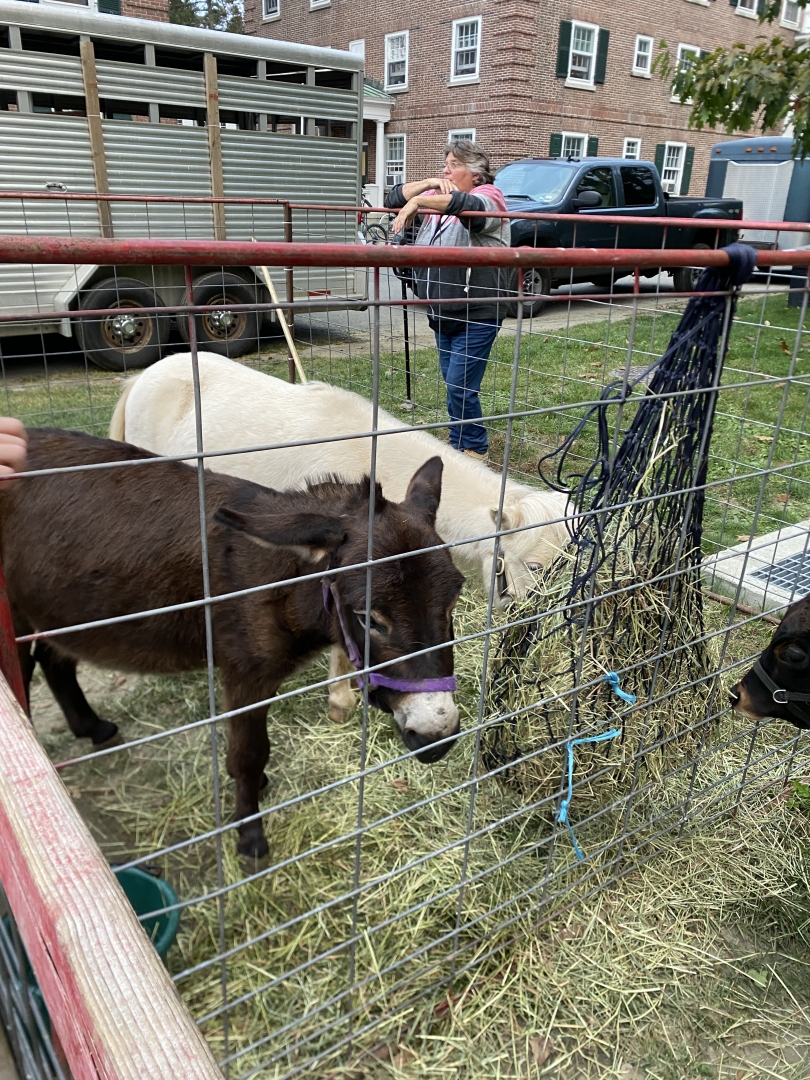

Daniel Kang


Midterm Reflections: Academic Work, Grades, Stress, and.. Relief
Hi everyone! With my first round of midterm exams and midterm papers complete, I wanted to backtrack just a little bit and share what I learned throughout the process!
Dartmouth College has what is known as the quarter system. Instead of a semester system, which many high schools and colleges employ, we have four academic quarters throughout the year, including one during the summer. There are both advantages and disadvantages to this system.
Advantages:
- I love how we finish finals prior to Thanksgiving so we have a long, connected winter break!
- I enjoy being able to shift into a new set of classes rather quickly after a short term.
- I also have a shorter range of subjects I need to study simultaneously, as I'm only taking three classes each quarter.
Disadvantages:
- Professors are only given 10 weeks to fit in so much information, so work may pile up quickly.
- Midterm weeks come up really fast! (just three or four weeks into the term)
If you have seen the previous blog post, you probably know about the classes I'm taking this term: Expository Writing, Introduction to Biological Anthropology, and General Chemistry. Out of these classes, I definitely focused and worked the most on my general chemistry class––with it being the first pre-med class I took at Dartmouth, I feared the midterms' difficulty level. I doubted myself constantly and attempted to study way ahead of the scheduled exam date, defeating my old high school habit of constant procrastination. And when I received my midterm score back, I was pleasantly surprised: I scored above the median. After this experience, I want to share a bit of my own tips and tricks for a better academic life!

Like aforementioned, one of the biggest ways I improved my study habits is through not procrastinating. Getting work done as they are assigned is vital in having success. While at first the given work may be manageable, it'll pile up without you noticing, and it is important to stay on top of everything.
Next, acknowledge that some of the grades you receive are curved. As Dartmouth students, many of you are most likely used to expecting and receiving very high percentage grades in high school; however, it is important to drop that expectation and view scores relative to the median or mean! More importantly, if you don't receive a score you hoped for, please remember that there are more opportunities ahead.
Lastly, figure out what study method works the best for you. Personally, I enjoy a combination of studying with my classmates and friends as well as studying alone. However, I know friends who only study alone as it allows them to focus and think better while others love socializing and studying simultaneously. And, in addition to finding the right people to study with (or studying alone), it's important to figure out what location and atmosphere works the best for you as well. Try out different settings and settle on your ideal "study spot." Switching up your spot occasionally also helps!
I hope everyone's first round of midterms went well, and I hope it continues to be a positive experience until the end of the quarter.
Posts You Might Like

My experience in my first ever literature class!


All about Writing 5 (and my favorite watches from the course materials!)


During my sophomore spring quarter, I took on the challenge of four STEM courses, and while it has been intense, the unexpected connections across subjects and the joy of learning have made it one of my most rewarding academic experiences yet.


Hello finals week! As I close out a finals season, dive into my bag to see just what gets me through this time of the term!


On the Beijing LSA+, we have real-world Chinese practice every Friday. Last week we went to two neighborhoods, Houhai and Shichahai, and wrote a photo log about our experience. Read along to see what immersive language learning here looks like!


Curious about what a class looks like on a Dartmouth Foreign Study program? Read on!


With so many undergraduates hoping to participate in the exceptional atmosphere of the Tuck School of Business, Tuck created programs specifically designed for us. I was fortunate enough to take part in one of them: TuckLAB Entrepreneurship.



For the past few weeks I've been in Beijing on the Chinese Language LSA+. Follow along to see what I'm up to!

